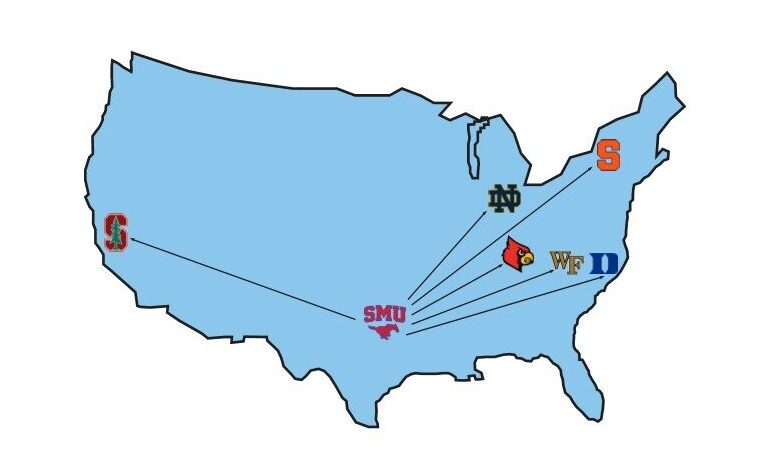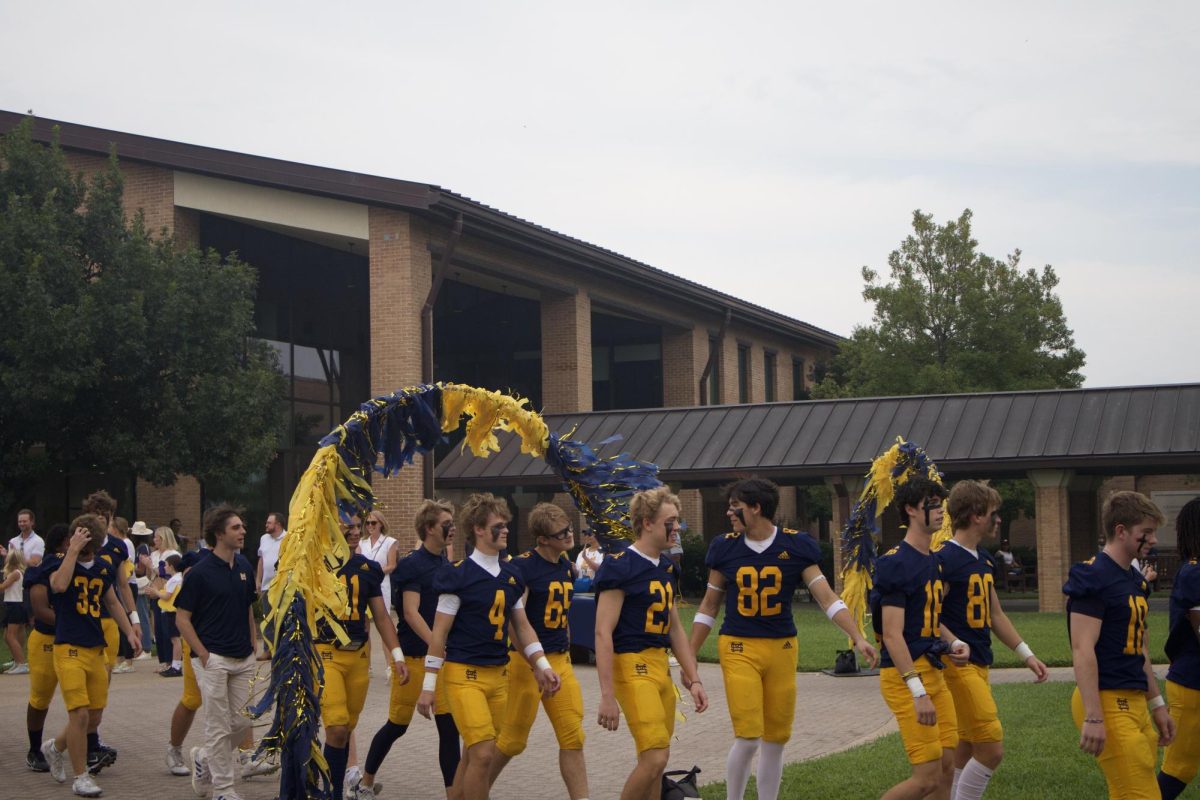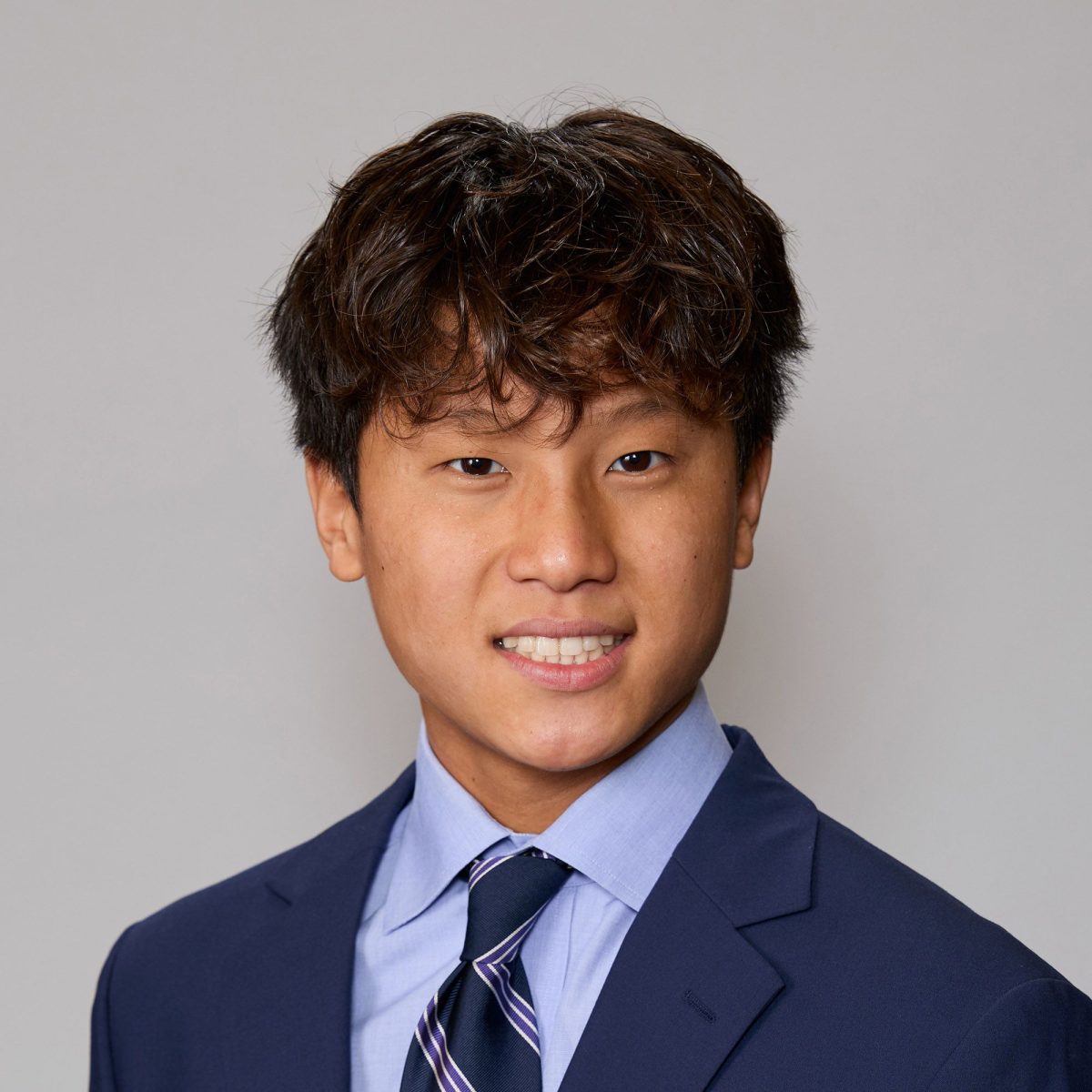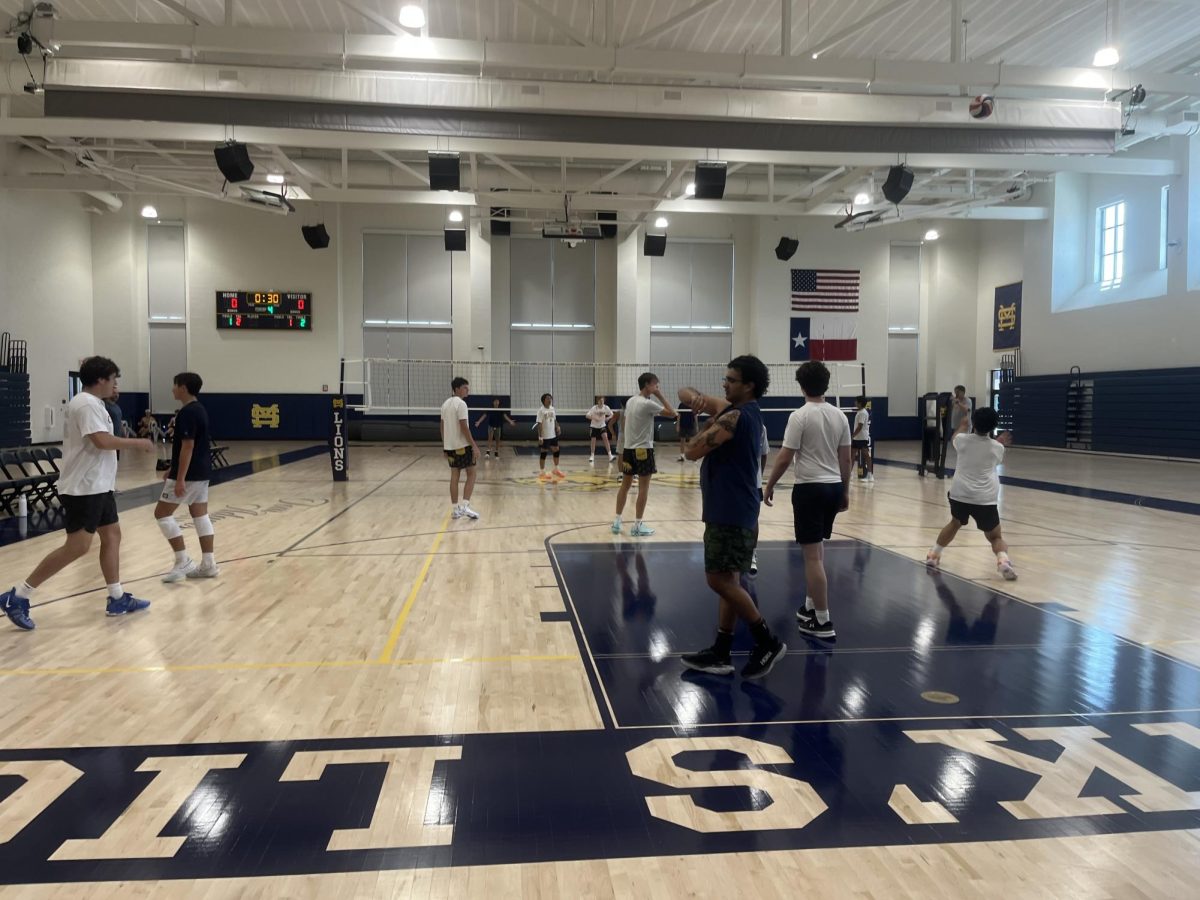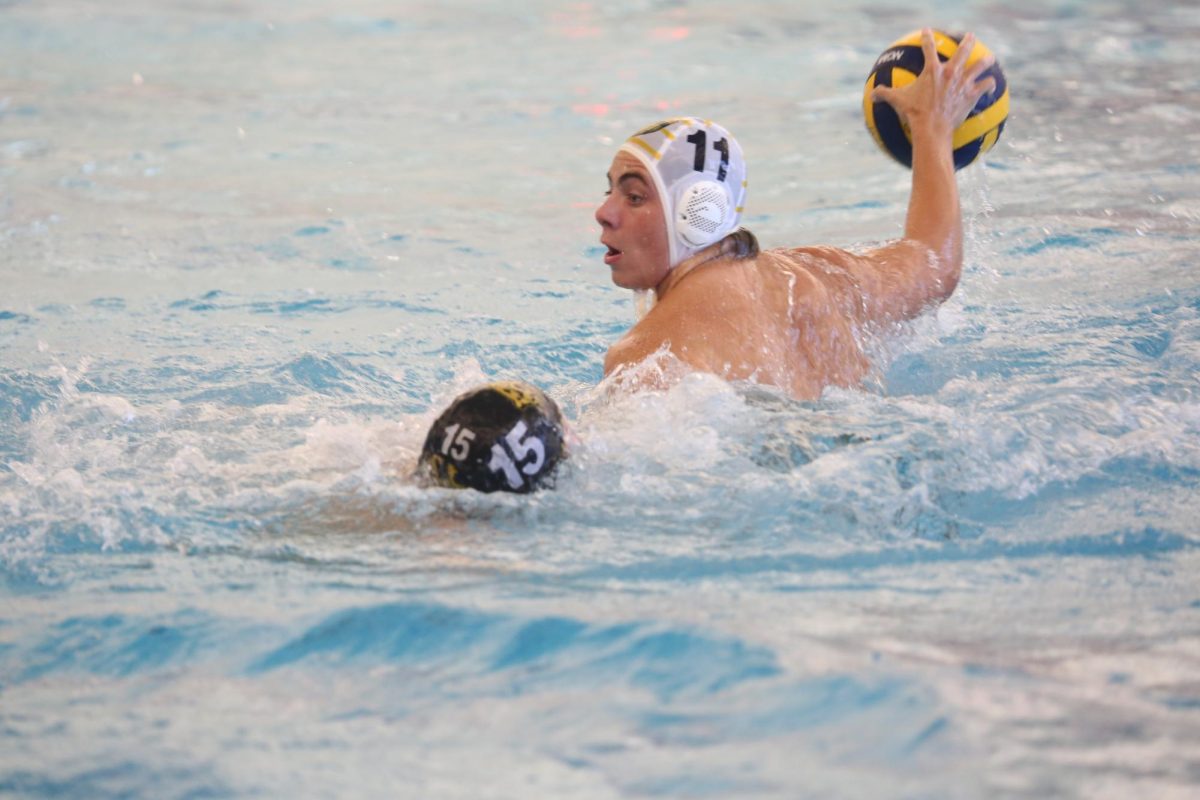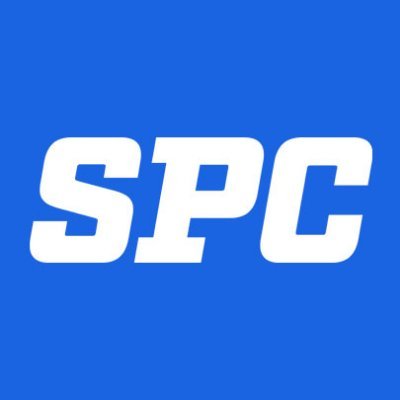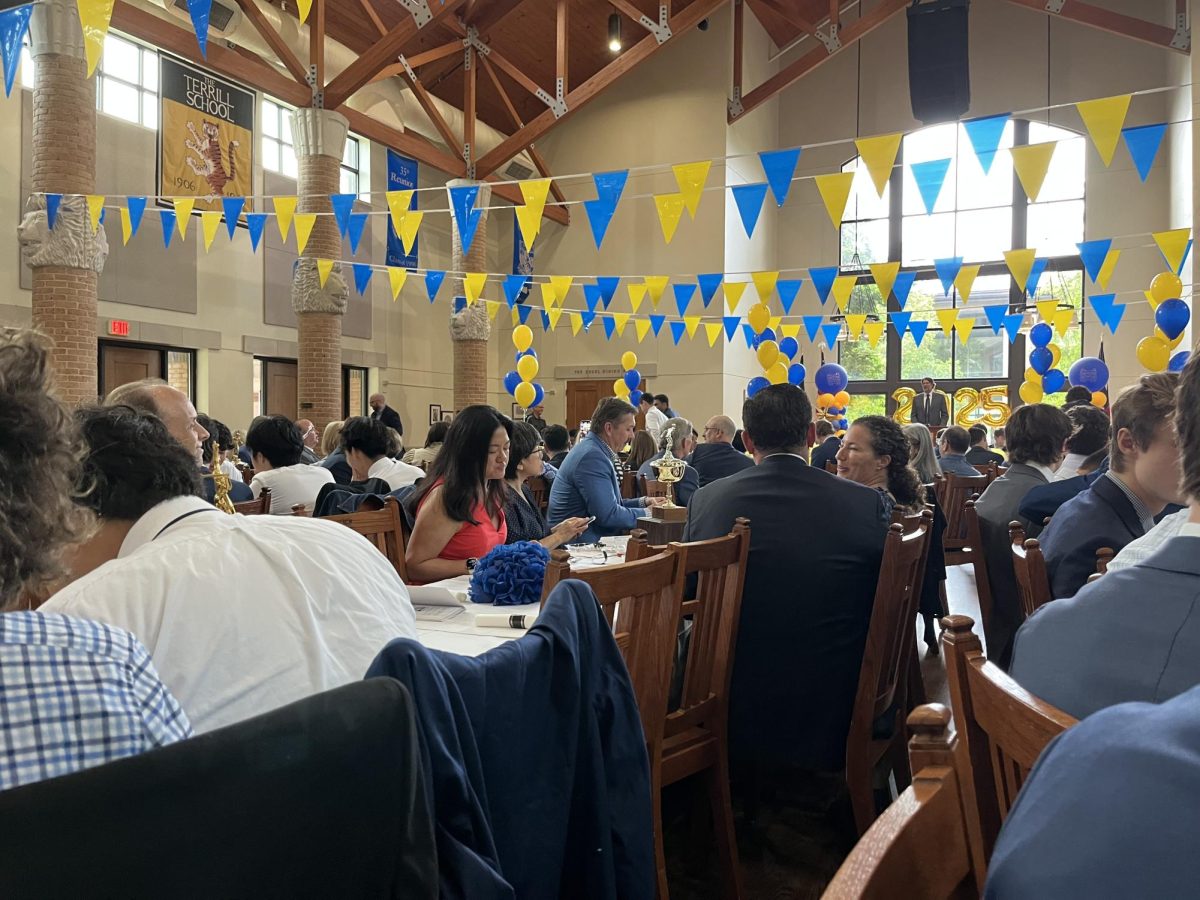There’s a certain image associated with athletes getting off of a plane.
Covered head to toe in designer gear and expensive headphones, sunglasses and all.
Athletic travel is glorified and depicted as an elite form of transportation and entertainment – be it through buses, planes or the occasional limo.
But, that’s not the reality for most athletes, especially those at the collegiate level. For every large school with massive funding, there are so many more with limited means to get their teams around the country to compete.
“When I was at Northwestern we had four flights a year, and normally we used those in the preseason because when it’s February, you gotta go someplace warm to play baseball,” athletic trainer Natalie Bumpas said.
This issue, unfortunately, will only continue to grow because of the recent trend of schools switching conferences in order to take part in lucrative marketing and TV deals. These changes could end up creating or widening a gap between smaller and larger schools.
“I think there’s already a barrier, and I think that gap is only going to grow,” varsity basketball head coach Greg Guiler said. “If you have a bunch of donors in your school, that drives you to make that leap [to a stronger conference].”
And even though conference realignment takes a toll on student-athletes, money talks. Schools have a lot to gain by swinging for the fences in a new conference.
“There are all of these people that are going to want to advertise on their network because the game is going to feature Oregon and Washington and USC and UCLA,” Bumpas said. “They’re going to get their network on all the cable systems, and they’re gonna get money from advertising. It’s all about money.”
Knobel Hunt ‘21, who is a defender on the SMU soccer team, will be joining the Atlantic Coastal Conference (ACC) with his team for the 2024-25 season — a move that will demand much more out of the school in terms of travel.
“It’ll be interesting joining the ACC because we’ll be playing both East and West Coast schools,” Hunt said. “But, we’ll be going into the premier soccer conference. We’ll be challenged every week and we won’t be able to get away with playing a mid-tier team with a mid-tier performance.”
The No. 11 ranked Mustangs also hold a unique status as one of just two Division 1 soccer programs in the state — a predicament that required the team to travel often for competition before switching conferences was even discussed.
“The majority of our competition [currently] comes from the ACC already, the AAC, which we’re in, and what was known previously as the PAC 12,” Hunt said. “Those were the ‘Power Three’ for soccer. So with our non-conference games, we could be playing anyone from anywhere in the country.”
Additionally, SMU players are granted access to an athletic advisor, on top of their normal academic one, to further aid them in terms of managing their workload.
And, Guiler believes that schools will provide further academic measures for their student-athletes as they increase their distances of travel.
“Colleges have gotten so advanced in providing study capabilities on planes and buses, as well as providing tutors, that I don’t think it’s going to change the current state of academics too drastically,” he said.
SMU also spends around three days in a city when they fly out, using the time spent away from school to prepare for and recuperate from games. This results in an increased pressure on time management, which Hunt has handled well.
“Traveling is a part of college sports,” Hunt said. “Coming from a St. Mark’s background, I’ve learned time management so efficiently that I’ve had no problems at SMU being able to work ahead and schedule.”
As a result of this balance, Hunt has uncovered valuable takeaways from a busy soccer schedule and extracurriculars on top of his courseload as a finance and sports management double major.
“I think the lessons you learn as a student-athlete or a Marksman are,” Hunt said, “that you have to be effective with your time; that when you have something to get done, you do it fully and completely; and you work ahead so that you can create free time and opportunities.”

